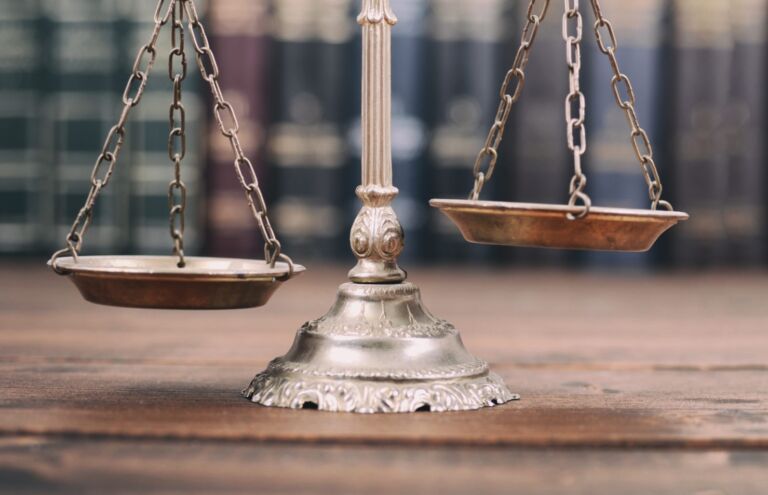Joel Alicea recently testified in the U.S. Senate about the problems tied to universal injunctions from federal judges.
What makes universal injunctions controversial is that they purport to give relief to entities that were never made parties to the case. In the birthright citizenship cases now before the Supreme Court, for example, a district court judge in Seattle issued an injunction forbidding the “enforcement or implementation” of President Trump’s executive order “on a nationwide basis.”
That means that the executive order cannot be enforced against anyone, even though the only parties challenging the order were four states and two individuals.
Of course, sometimes redressing a plaintiff’s injury requires granting a form of relief that will incidentally benefit non-parties. We might call this indivisible relief. For example, if a plaintiff who lives along the bank of a river successfully obtains an injunction to stop a nearby factory from polluting the river, that injunction is necessary to redress the plaintiff’s injury and will incidentally benefit all non-parties who live along the river. …
… What makes universal injunctions distinct is that they give relief to non-parties even though doing so is not necessary to provide relief to the plaintiff. To return to the birthright citizenship cases, an individual who obtains an injunction preventing the enforcement of President Trump’s executive order as to the individual will be fully protected against his or her alleged injury.
Assuming the plaintiff sued the federal defendants who enforce the executive order, that plaintiff will be treated as a citizen in all interactions with the federal government. There is no need to enjoin the Trump administration from enforcing its order against others to remedy the alleged injury to that specific individual.
But even if universal injunctions are not necessary to remedy the plaintiff’s alleged injury, one might reasonably ask: what is the harm in granting a universal injunction? Universal injunctions are damaging to our political and legal system. The effect of a universal injunction is that the policies of the elected President (and, in some instances, of the elected Congress as well) are subject to what is effectively a veto by unelected district court judges.
The post Identifying problems linked to universal injunctions first appeared on John Locke Foundation.
Click this link for the original source of this article.
Author: Mitch Kokai
This content is courtesy of, and owned and copyrighted by, https://www.johnlocke.org and its author. This content is made available by use of the public RSS feed offered by the host site and is used for educational purposes only. If you are the author or represent the host site and would like this content removed now and in the future, please contact USSANews.com using the email address in the Contact page found in the website menu.







